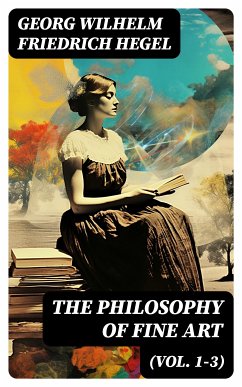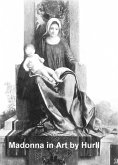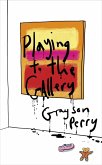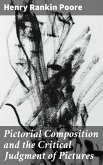Georg Wilhelm Friedrich Hegel's seminal work, "The Philosophy of Fine Art" (Volumes 1-3), offers a profound exploration of the interplay between art, culture, and philosophy. Hegel employs a dialectical method to analyze the evolution of artistic expression, asserting that art serves as a manifestation of the Absolute Spirit. Through detailed examinations of various art forms-visual arts, music, and literature-Hegel delves into their aesthetic qualities while situating them within historical contexts. His dense yet poetic prose invites readers to reflect on the nature of beauty and the role of the artist in society, ultimately positing that art reveals the underlying rationality of the world itself. Hegel, a pivotal figure in German Idealism, draws on his background in philosophy, history, and aesthetics to enrich his arguments. His engagement with contemporary thinkers and the socio-political landscape of 19th-century Europe profoundly influenced his reflections on art. Hegel's belief in the power of human creativity is underscored by his conviction that art not only reflects but also shapes human consciousness, making it a vital element of cultural development. This remarkable scholarly work is essential for those seeking to comprehend the complexities of art through a philosophical lens. It appeals to art historians, philosophers, and anyone fascinated by the intersections of creativity and intellectual thought. Hegel's insights invite readers to reconsider their understanding of art's role in cultivating the human experience.
Dieser Download kann aus rechtlichen Gründen nur mit Rechnungsadresse in A, B, BG, CY, CZ, D, DK, EW, E, FIN, F, GR, H, IRL, I, LT, L, LR, M, NL, PL, P, R, S, SLO, SK ausgeliefert werden.









